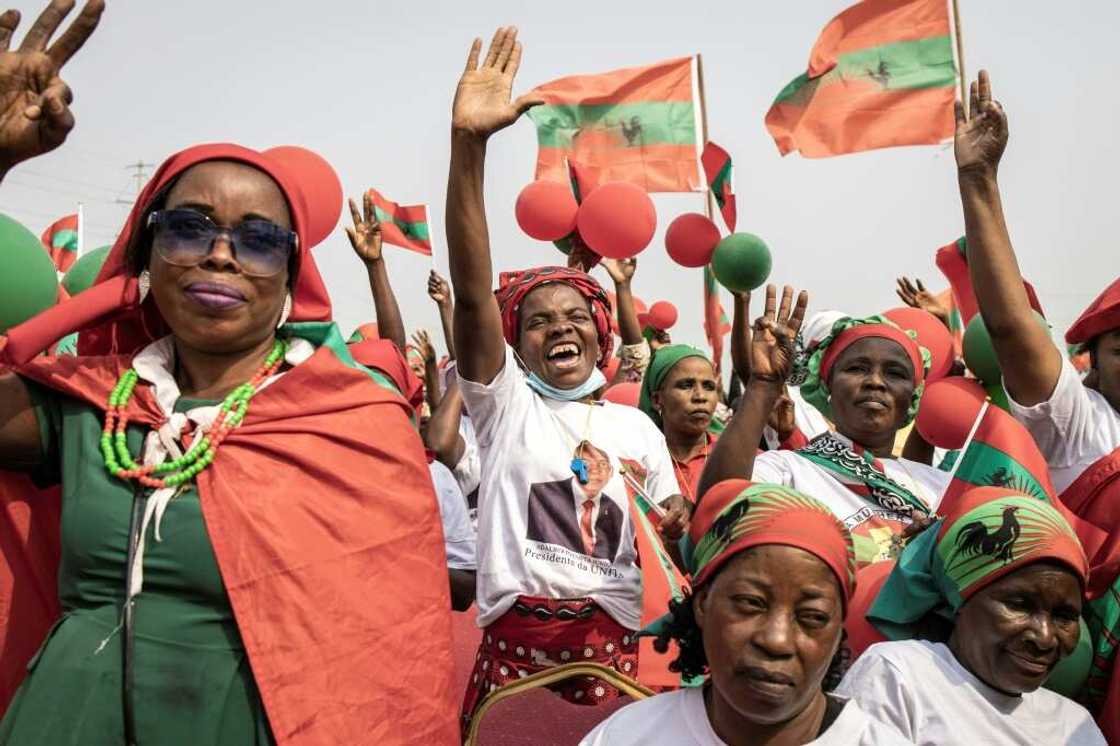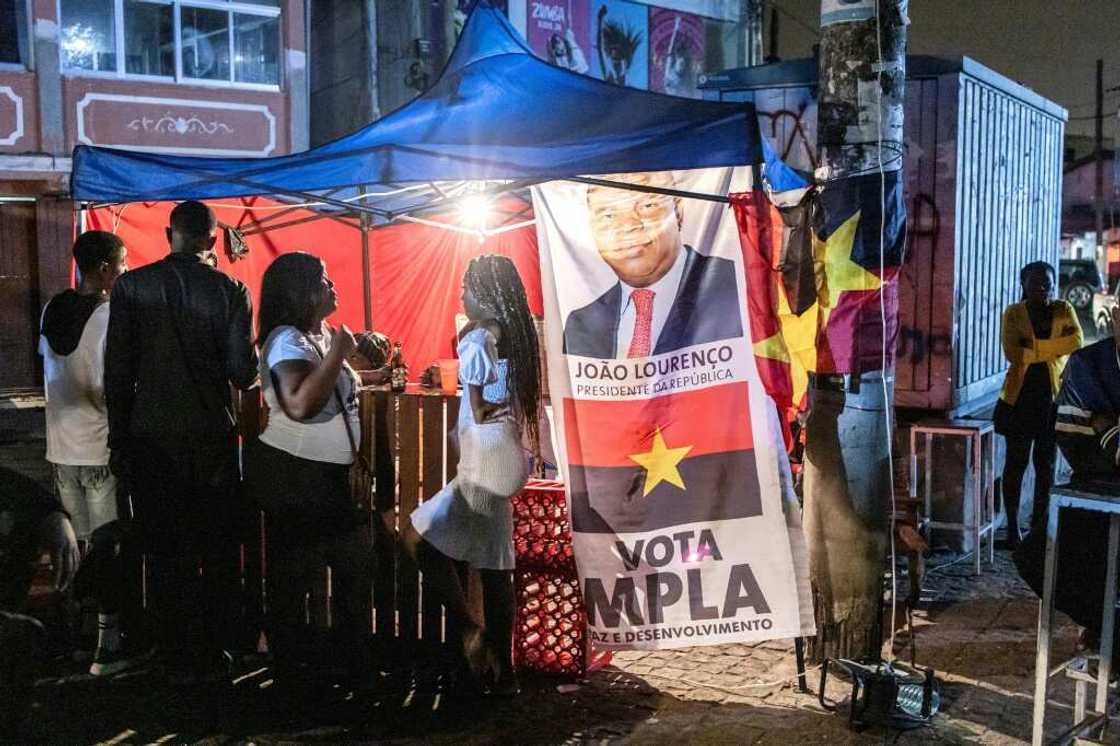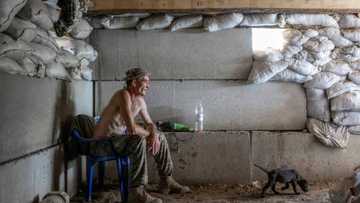Angolans hope for change on eve of tight vote race

Source: AFP
Poverty, inflation and corruption are the words on voters' lips as Angola heads into elections on Wednesday that could be the most competitive in its history.
Flashy 4x4s and minibus taxis sit bumper-to-bumper in endless traffic jams in the capital Luanda, under the watchful eye of police.
Flags of the political parties flutter from lamp posts and posters have been plastered across billboards.
In a country of stark contrasts, the elite sip drinks on trendy restaurant terraces, in the most expensive city on the continent.
Gleaming skyscrapers tower over old colonial buildings in the historic city centre, a reminder of Angola's abundant oil windfall.
But most of the population just scrape by -- and wait for better days.
PAY ATTENTION: Share your outstanding story with our editors! Please reach us through info@corp.legit.ng!
"We the poor earn nothing! My son has studied and now he's on the street because there's no work," fumes Madalena Mondole.
"I am very angry. Who am I going to vote for? I want to vote for the person who gives me a job. But who is going to give me a job? No one!" she blasts.

Source: AFP
In the sprawling neighbourhood of Viana on Luanda's outskirts where she is from, exasperation and despair are palpable.
"Everything is very expensive, prices are going up and we are earning crumbs," complains Gabriel, 37, getting out of a minibus taxi.
"I have nothing," the street hawker says. "We've been voting for years and it doesn't work."
President Joao Lourenco and his main opposition opponent Adalberto Costa Junior hope to win over the youthful and largely poor electorate.
The stakes are high for Lourenco's People's Movement for the Liberation of Angola (MPLA) party, which has held power since Angola won independence from Portugal in 1975.
'Change our lives'
Elsewhere, in a palm tree-lined square, a few red and black flags of the MPLA are visible and sputtering loudspeakers disturb the quiet.
"Our president has tackled corruption," says Simao Dos Santos, an MPLA activist sporting an Apple watch on his wrist.
"You need rich people to govern a country. A poor leader is an easy leader to corrupt," he adds, at the MPLA organised street party.
Like many Angolans, Simao, too, expects "change", he says.
"Our people know that the MPLA is the only party that can change our lives," he adds.

Source: AFP
While the MPLA remains the favourite, analysts and opinion polls predict a tight race.
But in Angola, "the candidates always come from the elite", says Marisa Lourenco, an independent political analyst based in Johannesburg.
Stark contrasts
But in Viana, people jostle to castigate the poverty and corruption, grabbing the chance to speak out to visiting reporters.
Here, the opposition party, former rebel movement the National Union for the Total Independence of Angola (UNITA), is the preferred option, especially among young people plagued by unemployment.
"Long live the MPLA!" shouts one youth.
"Oh, go away! Don't listen to him, he's drunk! We all vote for UNITA!" another responds, dodging oncoming minibuses.
Yet, elsewhere in the capital, many working-class neighbourhoods remain loyal to the MPLA -- another indication of a likely tightly-contested race.
Source: AFP





